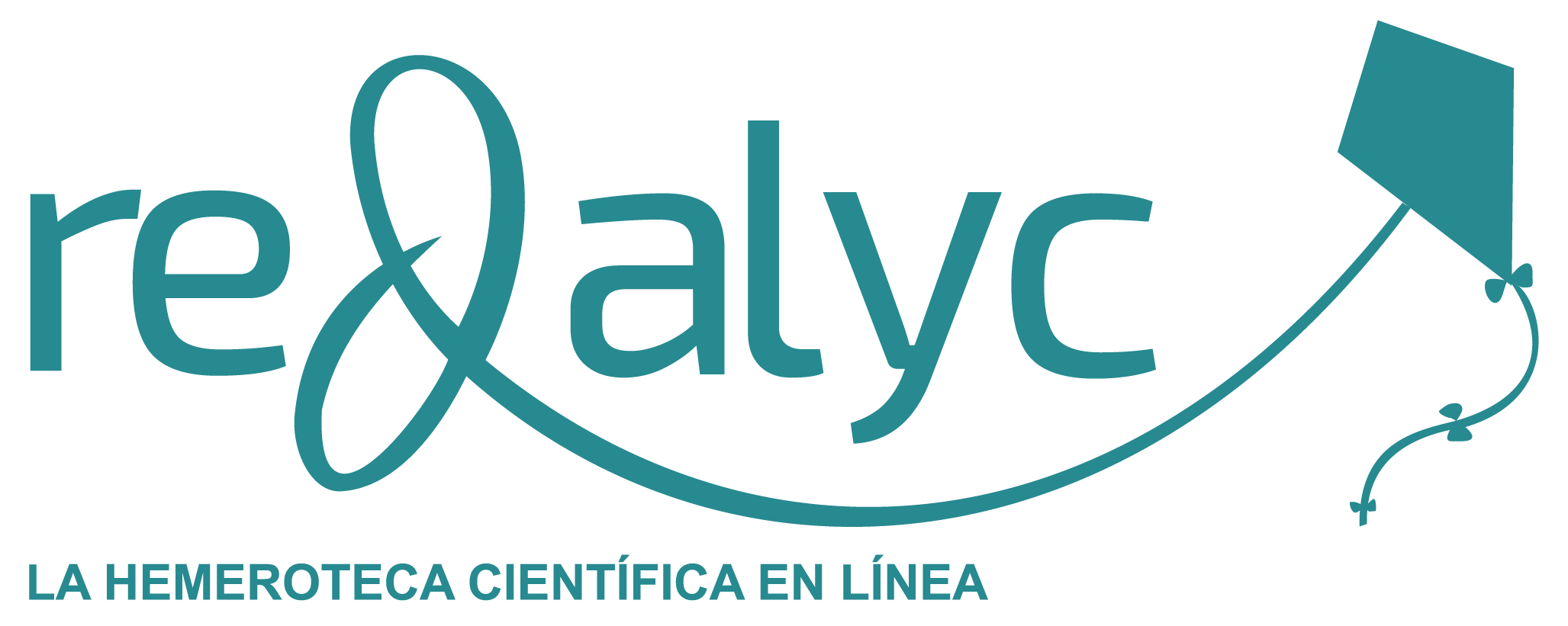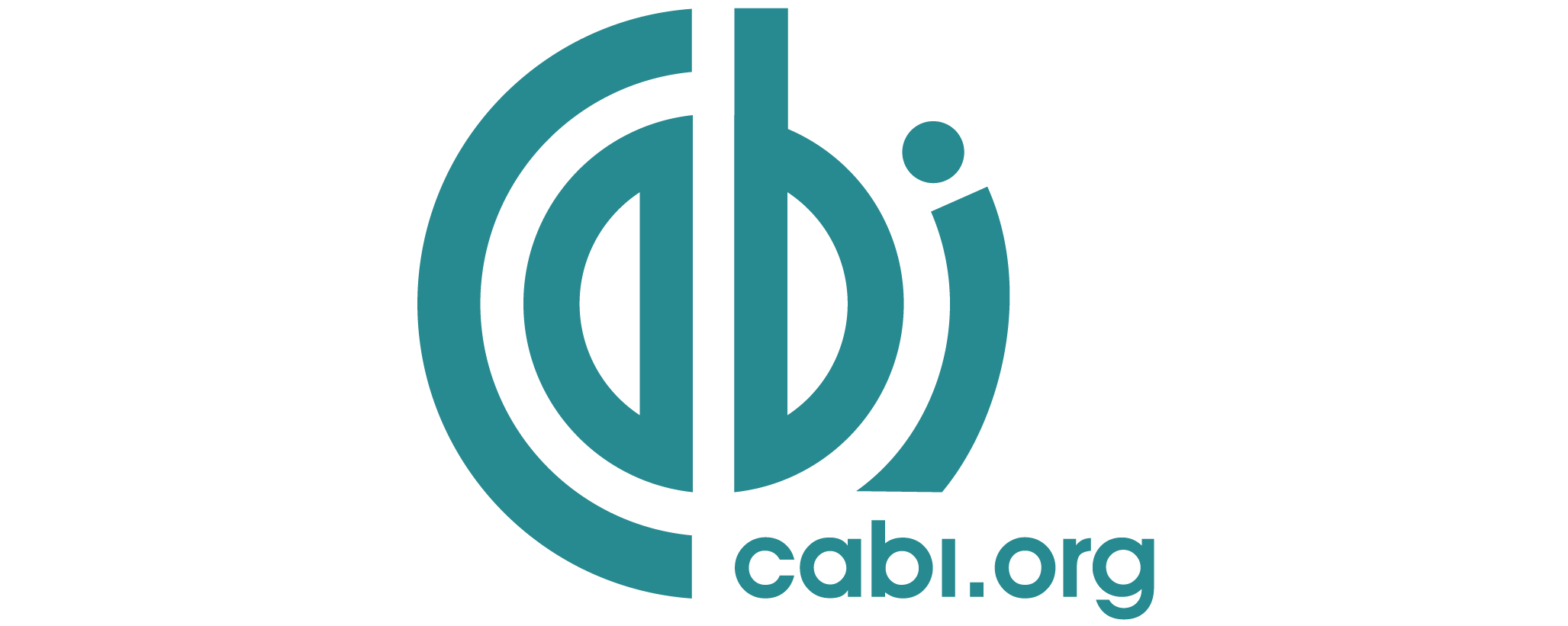La leptospirosis es una zoonosis mundial y es endémica en muchos países. Esta enfermedad se mantiene en la naturaleza por la infección renal crónica de los animales portadores; los roedores y otros mamíferos pequeños son los reservorios más importantes. Además, otras fuentes importantes de infección para el humano son los animales domésticos, como el ganado y los perros. El jabalí (Sus scrofa) es una especie introducida de Europa que está muy extendida en América y particularmente en el centro y sur de Argentina. Esta especie es muy valorada por los cazadores de la región y su carne se consume con mayor frecuencia. En muchos países del mundo (Europa, EE. UU. y Australia) se han realizado estudios sobre seroprevalencia, la seroreactividad no significa que el jabalí manifieste síntomas clínicos de leptospirosis o que los jabalíes sean reservorios de este patógeno bacteriano. Sin embargo, estos animales han estado en contacto con leptospiras en su entorno en el pasado. Este estudio tiene el objetivo de tipificar molecularmente la cepa aislada obtenida a partir de 4 fetos de jabalíes (Sus scrofa) provenientes de la Patagonia argentina. Se realizaron necropsias de los 4 fetos y se cultivaron muestras de riñones, hígado, bazo y pulmón en medios Fletcher y EMJH. Además, las muestras de hígado, bazo, pulmón y riñón de los fetos se procesaron y analizaron por inmunofluorescencia directa. Se utilizó el análisis de repeticiones en tándem de número variable de locus múltiple (MLVA) para caracterizar la cepa aislada. El perfil genético de la cepa de leptospira fue idéntica al perfil de Leptospira borgpetersenii serovar Castellonis Castellon 3 perteneciente al serogrupo Ballum. Hasta donde sabemos, este es el primer aislamiento de Leptospira spp. de un feto de jabalí.
Palabras clave: Leptospira spp., jabalí, genotipo, MLVA, Patagonia, Argentina.
ABSTRACT
Leptospirosis is a worldwide zoonose and is endemic in many countries. This disease is maintained in nature by chronic renal infection of carrier animals, being rodents and other small mammals the most important reservoirs. Also, significant sources of human infection are domestic animals, such as livestock and dogs. The wild boar (Sus scrofa) is an introduced species from Europe which is widespread in America and particularly in the Center and South of Argentina. This species is highly valued by hunters in the region and their meat is consumed more often. In many countries of the world (Europe, USA and Australia) studies of seroprevalence have been carried out, the seroreactivity does not mean that the wild boar has clinical symptoms of leptospirosis or that wild boars are maintenance host of this pathogen. However, these animals have been in contact to leptospiras in their environment in the past. This study has the objective to molecularly genotype the pathogenic Leptospira sp. isolated strain obtained from fetuses of wild boars from Patagonia Argentina. Four fetuses were aborted from a wild boar (Sus scrofa) in Patagonia, the southern region of Argentina. Necropsy was performed of the 4 fetuses and samples of kidneys, liver, spleen and lung were cultivated in Fletcher and EMJH mediums. Also, samples of liver, spleen, lung and kidney of fetuses were processed and analyzed by direct immunofluorescence. Multiple Locus Variable number tandem repeats Analysis (MLVA) was used to characterize the isolated strain. The genetic profile of the isolated pathogenic Leptospira sp. strain was identical to the profile of Leptospira borgpetersenii serovar Castellonis Castellon 3, serogroup Ballum. To the best of our knowledge this is the first isolation of Leptospira spp. from a wild boar fetus.
Keywords: Leptospira spp., wild boar, genotype, MLVA, Patagonia, Argentina.
Contact: Brihuega, B. brihuega.bibiana@inta.gob.ar











